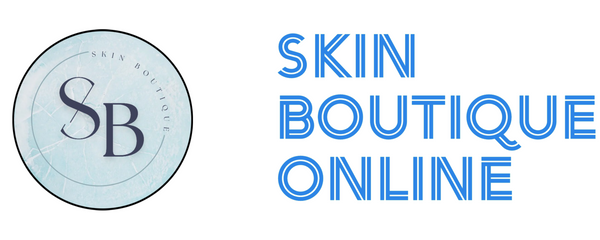Yes, retinol can be highly effective in treating acne. Here’s how it works, its benefits, and how to integrate it into your skincare routine:
How Retinol Helps with Acne:
- Cell Turnover: Retinol promotes cell turnover and chemical exfoliation, which helps prevent the clogging of pores by encouraging the shedding of dead skin cells. This process is crucial in reducing the formation of acne breakouts.
- Unclogging Pores: By speeding up the natural exfoliation process, retinol helps to clear out pores, reducing the likelihood of breakouts. This is particularly beneficial for those struggling with excess oil and acne treatments.
- Reduces Inflammation: Retinol has anti-inflammatory properties that can help calm existing acne and reduce redness and swelling associated with breakouts. This is important for managing skin irritation and for those with sensitive skin.
- Regulates Oil Production: It can help regulate sebum (oil) production, which is a contributing factor to acne. By managing oil levels, retinol can help keep pores clear, preventing clogging and further breakouts.
- Minimizes Acne Scarring: Regular use of retinol can improve skin texture and tone, helping to fade dark spots and post-acne marks over time. This is particularly beneficial for those looking to address sun damage and improve their overall skin health.
- Prevents Future Breakouts: By maintaining clear pores and reducing inflammation, retinol can help prevent future breakouts. It can be used in conjunction with other acne treatments like azelaic acid and chemical peels for enhanced results.
Usage Tips:
- Start Slow: If you’re new to retinol, start with a lower concentration and gradually increase usage to allow your skin to acclimate. This can help minimize skin irritation.
- Use at Night: Retinol can make the skin more sensitive to sunlight, so it's best to use it at night and always follow with a broad-spectrum sunscreen during the day.
- Moisturize: Retinol can be drying, so it's important to use a good moisturizer containing hyaluronic acid to keep the skin barrier hydrated and to protect your skin.
- Wash Your Face: Always wash your face before applying retinol to ensure that you’re starting with a clean canvas. This helps maximize the effectiveness of the product.
- Consult a Dermatologist: It’s a good idea to consult with a board-certified dermatologist to find the right formulation and regimen tailored to your specific skin needs, especially if you're considering combining retinol with other topical retinoids or chemical peels.
Conclusion:
Retinol can be a powerful tool in managing acne, particularly for those with acne-prone skin. Its ability to improve skin cell turnover and reduce inflammation makes it a popular choice in both over-the-counter and prescription acne treatments. When incorporated into a comprehensive skincare routine, retinol can significantly enhance your skin’s clarity and overall appearance while helping to remove dead skin cells and prevent clogged hair follicles.
